
Blinken report and the issue of religious conversion in Nepal
Regarding Nepal, the report mentions that Tibetan Buddhist leaders, on the other hand, held their cultural festivals without state intervention, such as Lohsar and the Dalai Lama’s birthday. While emphasizing the arrest of Christians. The US appears concerned about the seriousness of state agencies regarding coercive religious conversion. Not only the government but also ordinary Nepali citizens perceive religious conversion as a potential threat to their civilization.
Nepali people are worried about the significant increase in Christianity in Nepal. The number of Christians has risen from 458 in 1961 to 1.4 percent of the country’s total population as per the 2011 census, with the latest religious data expected to show an even higher percentage. There is a district-level federation of churches, which poses no objections from a religious freedom perspective. However, many Nepalis view this growth as a deliberate attempt by different religious missionaries to convert Nepalis, especially those facing various societal challenges.
The US report serves as an essential resource for policymakers, scholars, and human rights advocates to monitor religious freedom worldwide and identify areas requiring additional efforts to promote and protect this fundamental right. However, the report has stirred up sentiments in Nepali society due to intense debates centered around secularism. Since the 2015 Constitution declared Nepal a secular state, this concept has seemed foreign to a significant portion of the population. The restoration of Nepal as a ‘Hindurastra’ has become a significant issue in Nepali society. It’s worth noting that secularism implies religious and cultural freedom while safeguarding long standing religions and customs.
Political parties in Nepal, such as CPN-UML and Nepali Congress, are generating discussion about removing secularism. Recently, former constituent assembly member Ram Kumar Sharma and former House of Representatives Indu Sharma met with Party president Pushpa Kamal Dahal and demanded a referendum on several agendas, primarily focused on ‘secularism,’ to steer Nepal towards long-term peace. Some months ago, Nepal sent two Shaligram stones to Ayodhya for constructing idols of Ram and Sita, based on a cabinet decision. This religious exchange between Nepal and India was led by Bimlendra Nidhi, a current member of the House of Representatives.
On the global political stage, the BJP is recognized as the world’s largest political party. However, political critics from various parts of the world view the BJP as a party rooted in ‘Core Hindutva.’ If the US assumes that the BJP’s influence in Nepal is significant based solely on appearances, it seems superficial. In reality, the US is concerned about potential ‘public restrictions on religious conversion’ in Nepal. Given the possible regression in secularism and other political developments in Nepal, the USAID has funded the Civil Society and Media activity for a five-year duration in Madhesh and Lumbani provinces. The project aims to promote public interest, fundamental freedoms, and accountability.

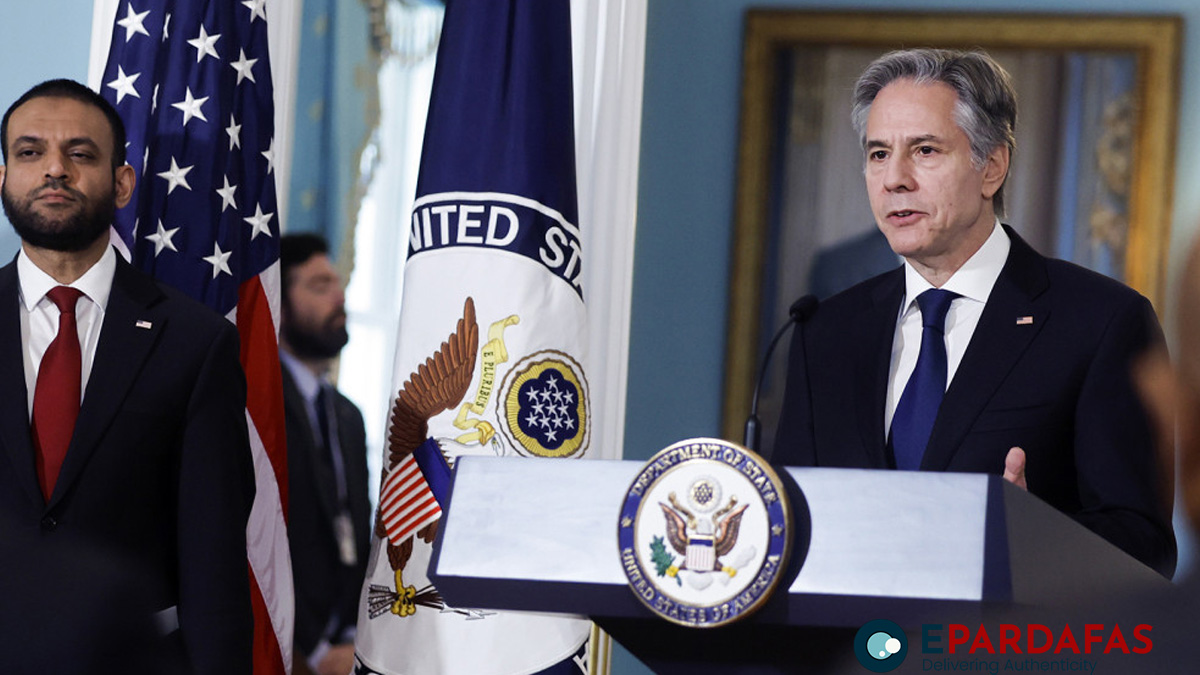
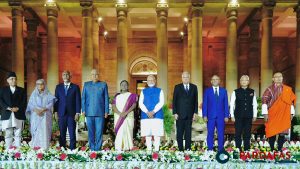
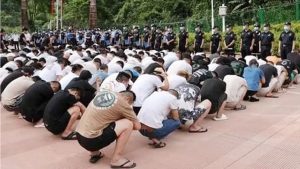


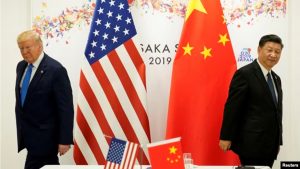


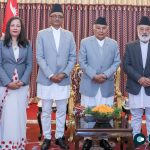


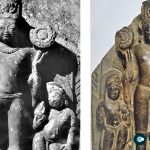

Comments